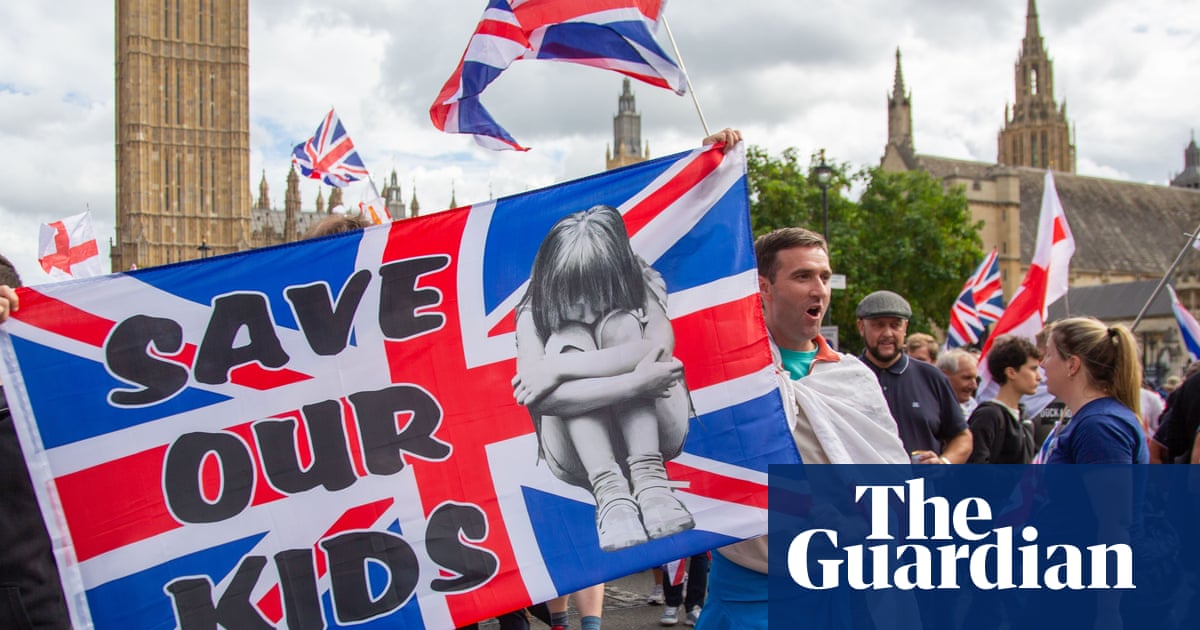Louise Casey’s report (Grooming gangs in UK thrived in ‘culture of ignorance’, Casey report says, 16 June) makes good sense. Nevertheless, her recommendations, and those who must act on them, won’t prevent the exploitation and abuse of children in care. In her appearance at the home affairs select committee last week, she highlighted how the system had failed the children “missing” from care. As so often happens, the system ends up protecting the organisation rather than the child.
If children’s home workers follow procedure and conduct a return-home interview with the child, they are deemed to have done their job. But in some good children’s homes, where workers are supported to be personally and collectively concerned for every child, they will worry; they will stay up all night; sometimes they go out searching for the child, putting themselves at considerable risk. They will do what a good parent would do. Filling forms and following procedures does not protect children.
However, such good children’s homes are rare. Local and national governments are wary of the risks involved in such direct personal concern and commitment. The owners and directors of children’s homes will avoid challenging officialdom, thereby making it more difficult to encourage grownups to make the commitment that every child needs. By attempting to avoid risk and accountability, yet be seen to take action, politicians may make it less likely that children find relationships of direct personal concern in care homes.
John Burton
Author, Leading Good Care: The Task, Heart and Art of Managing Social Care
The limitations of the data regarding perpetrators of child sexual exploitation are, understandably, highlighted once again (Public must ‘keep calm’ over ethnicity of grooming gang offenders, says Louise Casey, 17 June). But these limitations reflect wider concerns about the robustness of the data collected about child protection issues. As researchers have pointed out for years now, we simply do not collect data that can help us understand the contexts in which children experience harms and, crucially, monitor whether and how these harms are being affected by government policies.
For example, while our research highlights the links between poverty and a child’s chances of being subject to a child protection intervention, we were not able to establish this link using the data currently being gathered by the Department for Education. Well-informed discussions about the prevalence of child harms are long overdue and should not be restricted to gathering data on any one aspect of identity.
Brigid Featherstone
Professor emerita, University of Huddersfield
I understand Zara Mohammed’s concern, but this is not about scapegoating the Pakistani community, it is about seeking to understand why groups of men saw fit to abuse young girls (Dear Yvette Cooper, let the Casey review lead to justice – not the scapegoating of British Pakistani culture, 17 June). It is essential to be honest in investigating whether cultural perceptions in some ethnic male groups mean that they are more predisposed to see young girls as acceptable targets. It is no different from asking if particular groups of young males have misogynistic views and investigating why that has come about. Only by being honest about the causes of abuse can we prevent it in the future.
Simon Tweed
Luton, Bedfordshire

 2 months ago
56
2 months ago
56

















































